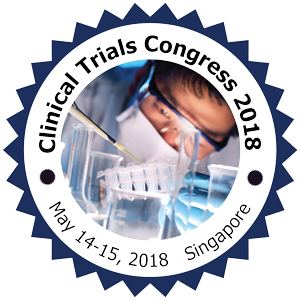
Vani Nilakantan
Vice President Research Allina Health, Minneapolis
Title: Setting up Successful Clinical Research Programs In Community Hospital Settings
Biography
Biography: Vani Nilakantan
Abstract
There has been a shift in clinical research from traditional academic medical centers to community hospital settings in the United States. There are multiple benefits to hospitals that conduct clinical research as it provides them the opportunity to participate in studies that are leading edge thereby enhancing the reputation of the hospital system. In addition, clinical research also enables the hospital to prevent patient out-migration and increase patient in-migration thereby increasing market advantage. The risks associated with clinical research will be discussed with particular emphasis on indemnification, conflicts management and subject injury. Lack of physician time and physician revenue and productivity models are often not conducive to conducting clinical research. Despite these challenges, having a robust, highly visible and strong research program can help to obtain institutional commitment and executive leadership support for research in hospitals.
Support systems such as statistical support, grant and contract support for busy physicians are critical to the success of the overall research program. Quality assurance and Research governance e.g. through a strong Research Compliance Program, education and training for human subject research protection and grant management, and a Research Steering Committee Having a vetting process through the establishment of research councils which can make informed decisions on trial portfolio (both industry sponsored clinical trials and investigator initiated research) is important to consider for research portfolio. The decision making process should typically include both front end and back end processes such as research protocol reviews, and constant review of studies that are slow-accruing and not cost effective. This review process will ensure that the research program has a focused portfolio that can be self-sustaining.
Funding for clinical research programs comes from various sources - e.g. industry sponsored clinical trial revenue (typically 50—60% of portfolio), operational/institutional support (approximately 30%), grant funding through government and industry, intellectual property and patents, foundation support and individual donor funds. Research and Philanthropy are often strong partners in raising dollars for innovation and research.

